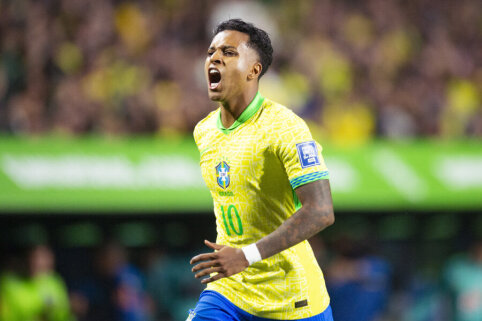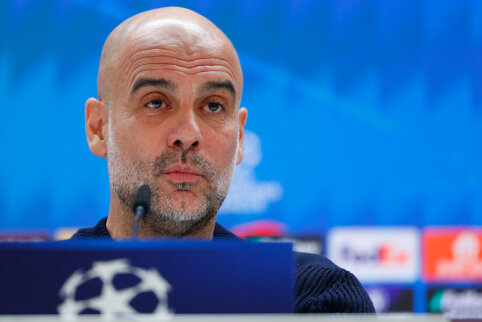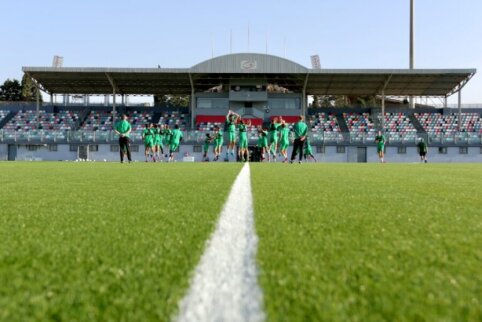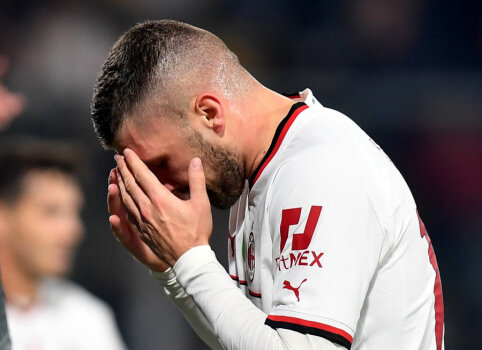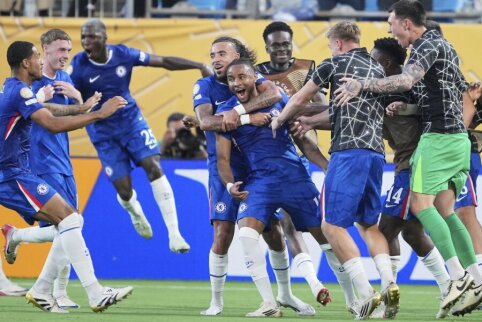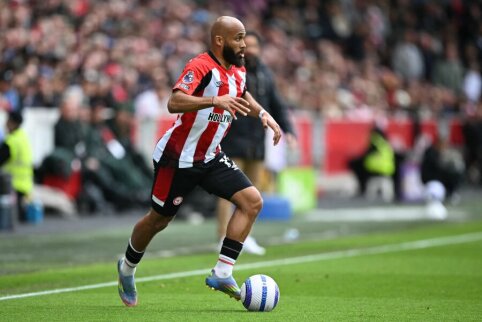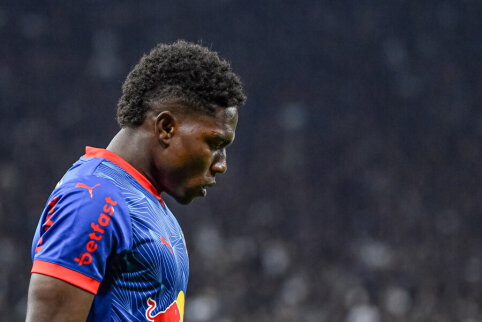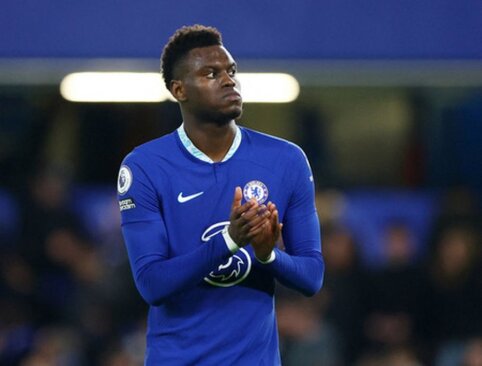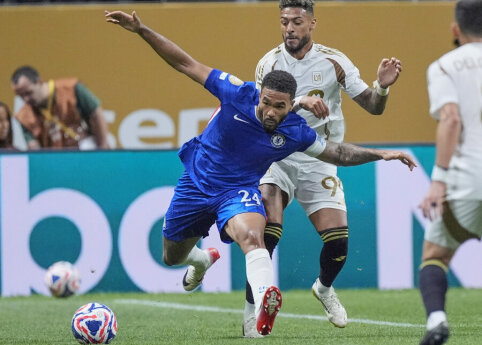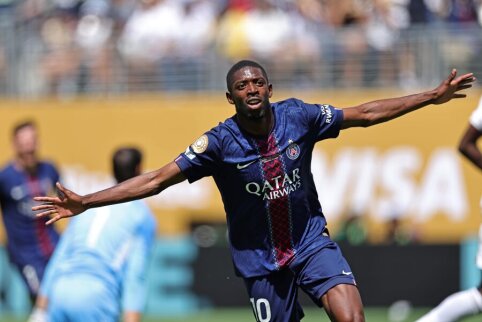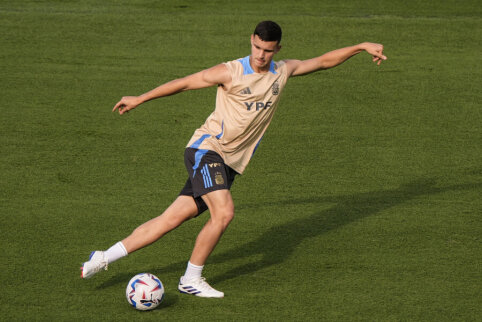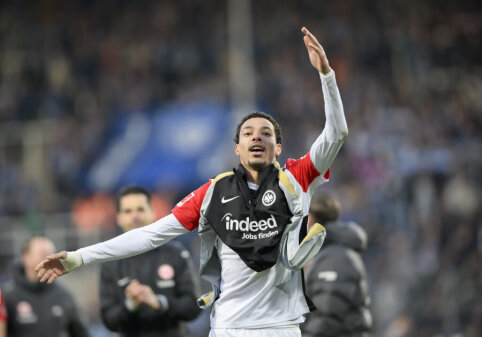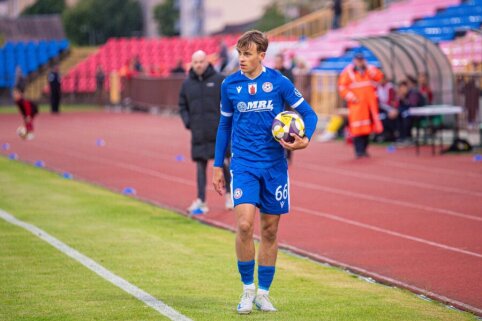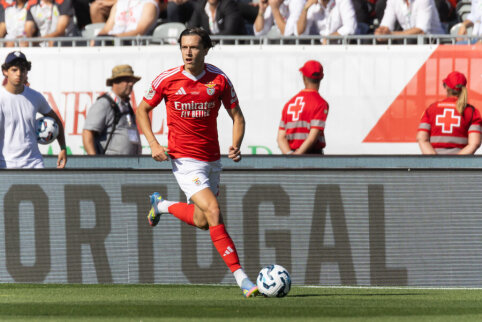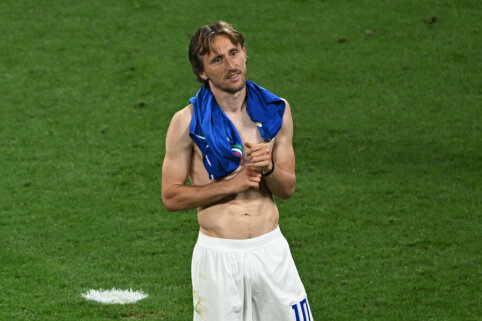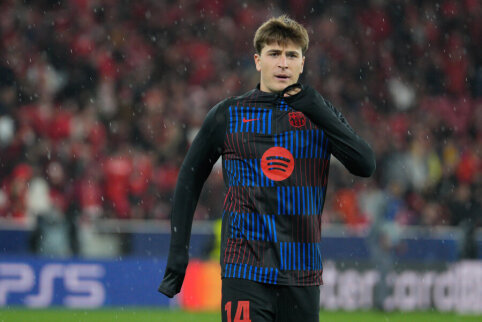 © EuroFootball.com
© EuroFootball.com
"EuroFootball.com" offers its visitors the second part of an article printed in the prestigious publication "Financial Times." It was written before the Spaniard scored two goals against "Leicester" in the FA Cup tournament. SPECIAL PRINT PERMISSION OBTAINED FROM "FINANCIAL TIMES" Fernando Torres Tragedy (Part I) This disease that struck Torres is familiar to anyone involved in sports, but it is most painful for those who live from it. Such setbacks are particularly painful for representatives of individual sports branches, such as tennis players or golfers, as well as for athletes in special roles: a rugby forward, a football striker, or a goalkeeper. Seeing an extraordinarily talented and accomplished athlete lose their form is impressive because almost every viewer can more or less understand it. Two American sports psychologists I spoke to admitted that Torres' case has something universally common with others. They also acknowledged that the pressure at the highest level of sport is incomparable to any other stage of life. John Murray, introducing himself as someone helping athletes manage anxiety and regain confidence, made a comparison with air traffic controllers and "Wall Street" traders. "But even they don't feel what a golfer feels before an important shot. He knows the whole world is watching," Murray said. Another specialist, William Wiener, argued that everyone experiences anxiety before a crucial moment, but athletes earning millions and scrutinized under a microscope feel it the most. Santiago Solari, a former defender for the Argentine national team and Real Madrid, confirmed that everyone goes through periods of poor form but Torres' case is still unique. "Sometimes you feel like an unstoppable, phenomenal player. Both psychologically and physically, you are in great shape, so confidence grows and grows. Everything seems very natural. But then there are bad matches, then another, you start feeling anxious, every time it feels like you've taken a step back, and the weight on your shoulders keeps increasing. After a while, stepping back and carrying that weight makes you feel like you're buried underground." Rafael Nadal's and the Spanish tennis team's coach Francis Roig's advice is: "Focus not on the things that are going wrong, but on what you have been successfully doing since childhood." However, with Torres, it's more challenging: "Everything you did before now becomes impossible, and doubling efforts and work only worsen the situation." Keeping in mind the words of Roig and Solari, Wiener said: "Fernando seems to be overthinking every action he performs on the field. Previously, he did it relaxed, but now there is no freedom." He was agreed by Murray, who said Torres needs to stop thinking too much, otherwise he won't overcome the persistent feeling of anxiety. Until he can do that, the joy of playing from childhood won't come back. "My hypothesis: self-confidence is lost, and anxiety after every action, for which much effort is put in, but still fails, only grows. Additionally, Torres may be in the denial stage, the worst thing because everyone sees what it really is. He needs help," Murray said. Would Torres admit that his confidence is in crisis? Judging by what his agent and close friend said - hardly. At best, there would be some doubt in addressing this issue. Fernando's friend, who didn't want to be named in the press, was seen with the footballer and described him as "unbroken." "He looks calm, resigned to what's happening and considers it normal in football. The striker attributes it to the playing style of Chelsea." And adds: "He thinks he played really well since the new year and was close to scoring an impressive goal against himself, which would have been the most beautiful this season." However, he fails to avoid certain things: "He missed eight games at the end of last year on the bench. There weren't even in his childhood." Agent Antonio Sanzas also spoke similarly: "I think our attitude is correct - it's just a football-related question. Two coaches Torres worked with at the club during the year (Ancelotti and Villas-Boas) did not help excessively. He needed to adapt to a very different style from what was at Liverpool." This last argument is not sufficient considering that Torres is also struggling in the Spanish national team, where there may not be a place before the upcoming European Championships. Sanzas remains optimistic: "Of course, we don't see goals, but physically he feels great, and there are no psychological problems." According to the agent, Torres has a closed nature, which is not typical for exuberant English footballers. This is due to the strong family ties typical of Spain - the footballer is happily married with two children. "Fernando is a smart man, success and failure have not spoiled him. Family is his refuge because he is not someone who likes to show off at award ceremonies or parties. He prefers to visit his parents in Madrid or spend time with his family in London." It's not easy to be in the spotlight. Moreover, intellectual people tend to reflect and ponder each step, which, as we have written, is not favorable in this case. According to Wiener, Torres' innate humility can also be an obstacle: "Often athletes who are used to and like being in the center of attention can't hear insulting chants and similar things, which allows them to take a significant weight off their shoulders." An example similar to that could be Real Madrid's leader Cristiano Ronaldo: "He enjoys the life of a star and the attention of society, so criticism inspires him even more. It can crush others, but for him, it only gives a greater advantage." Lionel Messi, who does not like parties, could be more similar to Torres, but he is not prone to deep reflection and can play as if he were in the yard with friends. For Torres, whose face (except for that episode against Man Utd) says nothing, football seems to have lost its pleasure for some time now. Solari doubts whether this footballer will ever reach the heights again: "When a player reaches the top and starts to decline... Well, I haven't seen those who have come back to where they were before in such circumstances." Wiener was more optimistic: "My prediction - he is not ruined yet. It is challenging to maintain an athlete's talent that has been stifled." Murray also expected an improvement in form but only if Torres opens up to someone who has had similar problems. Perhaps Torres needs the help of a psychologist? Sanzas, to my surprise, did not dismiss this idea and would consider it if he received an offer from the club. This, perhaps, would be the last resort unless Torres himself, in the same mystical way he lost it, regains his good form."
